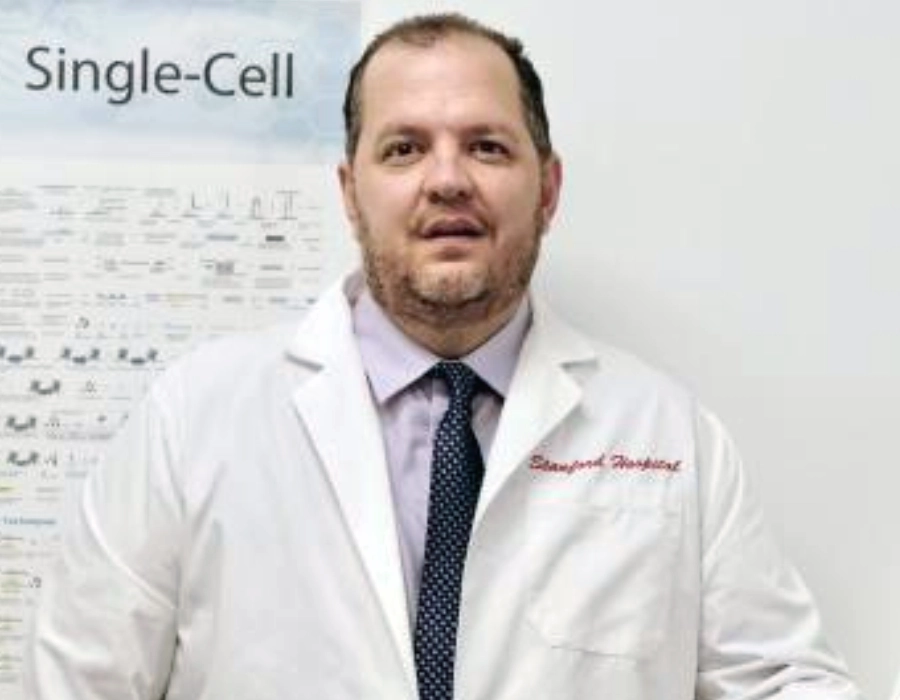The Single-Cell Genomics Lab works at the interface of biotechnology, computational biology, cellular biology, and clinical medicine to develop and apply new tools for characterizing genetic, epigenetic, and phenotypic variation across single cells within a tissue with unparalleled sensitivity and accuracy. The lab is focused on applying these technologies to study cancer clonal evolution while patients are undergoing treatment with the aim of identifying cancer clones that are associated with resistance to specific drugs to better understand and predict treatment response.
The lab also studies the rare cancer clones that are able to survive standard and experimental treatments and have begun cataloguing genetic variants and cell states that confer resistance to those therapies. The goal is for these variants as diagnostic biomarkers of resistance to specific drugs that inform treatment modifications, as well as to use that new knowledge to design strategies for overcoming those survival mechanisms so that more patients can be cured with less toxic treatment regimens.
Dr. Charles Gawad is the Taube Distinguished Scholar and an Associate Professor of Pediatrics at Stanford University, as well as a Chan Zuckerberg Biohub Investigator.
He began his career as a physician-scientist applying new next-generation sequencing technologies to better understand and track childhood acute lymphoblastic leukemia (ALL). Their initial work led to the unexpected discovery that circular RNAs are an abundant new class of RNA that are present in both normal and malignant cells. In addition, he worked with collaborators to first apply deep sequencing of rearranged immune receptors to track ALL cells as patients undergo treatment, which is now the standard of care in many centers.
Dr. Gawad has since continued to develop and apply new technologies with the aim of applying those tools and knowledge to improve the care of pediatric cancer patients. This has included the use of plasma DNA sequencing to identify infections before pediatric cancer patients have symptoms, as well as the development of novel methods for amplifying the nucleic acid content of single cells to characterize the genomic and cellular heterogeneity of pediatric cancer samples. These tools are now being applied by investigators around the world to study the genomics of both malignant and nonmalignant tissues with unprecedented sensitivity and accuracy.

